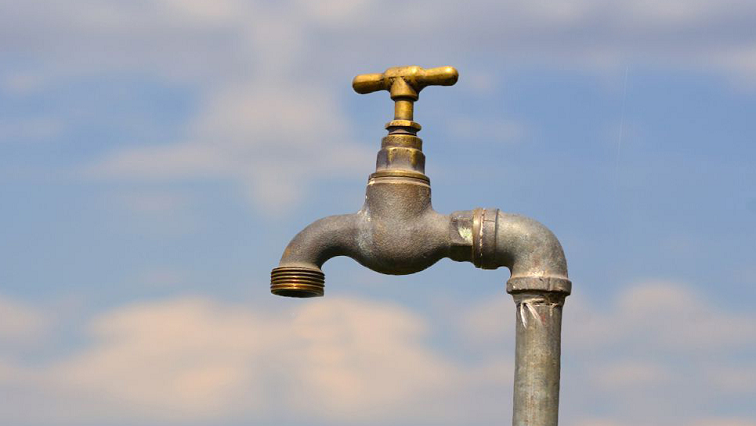Human Settlements, Water and Sanitation Minister Lindiwe Sisulu says more than R2 billion is needed to provide a lasting solution to the chronic water shortages in the Maluti-A-Phofung Municipality in the Free State.
QwaQwa Water Crisis Pronouncements
I met earlier with the Deputy Minister Mahlobo with the Provincial Government, and together with the SAPS. We fully agree that it has taken so long for the issues related to water challenges to be addressed in this area.
— Lindiwe Sisulu (@LindiweSisuluSA) January 23, 2020
Amongst other interventions are:
1. Upgrading of the infrastructure
2. Drought declaration
3. We are going to make sure we have Groundwater source development
4. We are going invest in Sandwater Extraction
— Lindiwe Sisulu (@LindiweSisuluSA) January 23, 2020
Residents have suspended violent service delivery protests over water shortages in Qwaqwa, Harrismith and Kestell. Sedibeng Water has been tasked to conduct a feasibility study in a bid to resolve the issue.
The water solution in the municipality will not come cheap. The short term plan will cost more than R200 million. At least 5 000 water tanks will be distributed in the area within seven days.
DA Councillor, Alison Oates, has welcomed Minister Sisulu’s intervention.
“People are suffering, they are going for months without seeing a Jojo tank and it is totally unacceptable. So we are very grateful for the intervention although we do feel that there is a bit of wishful thinking in this thing, but we welcome the establishment of the steering committee.”
The Economic Freedom Fighters (EFF) Mohau Molwelwe says they remain sceptical.
“We remain pessimistic because the Minister has clarified that she’s going to give money to the people of Maluti-A-Phofung for the water crisis. We just hope that they are going to utilise that money in the best interest of the people of Maluti-A-Phofung. We hope with the shutdown, leaders will also go to the people of Qwaqwa and explain the resolution of this particular meeting.”
Maluti-A-Phofung was placed under administration in February 2018. Governance collapse and maladministration were largely to blame. The recent wave of protests has led to the arrest of 55 people for public violence.
Free State African National Congress (ANC) Chairperson, Sam Mashinini, says they also welcome Minister Sisulu’s intervention. “The resources that she has ploughed into Maluti-A-Phofung , together we must stand and turn the situation around.”
The South African Human Rights Commission manager in the Free State, Thabang Kheswa, says they will continue to monitor the situation.
“The most important thing for the Human Rights Commission is to ensure that everybody else plays their part. We understand there are challenges; we need to get into the bottom of what are the challenges. We got to understand the dam that actually supplies Qwaqwa with water, the Fika Patso Dam has dried out because of the drought challenges. But ours is to ensure that there must be interim measures that are put in place to ensure that people at least can get water. The municipality, the administrators have made a commitment that there are Jojo tanks that are connected throughout Qwaqwa.”
Meanwhile, Sisulu says new building methods should be explored in order to withstand extreme weather conditions facing many parts of the country. She says new housing projects must be fitted with water tanks in order to mitigate chronic water shortages.
“The specification for every house that we build, we will have to have a water tank because we are getting drier weather all around the world. So to be able to assist us in our own reticulation we have to have a support system by making sure that if there is a drought, we are sure people are able to get water and we are able to harvest rain for every house.”
Minister Sisulu has promised to come back to Qwaqwa after six weeks to assess the progress done by the steering committee on the provision of water.






